Anna Cafolla provides a taster of the fiction and non-fiction coming your way this year
Scrolling my camera roll to remind myself of 2021’s books, it was nice to see that though I hadn’t travelled far, I’d read like a passenger. Through the sordid and stunning New York of Torrey Peters and Mary Gaitkill; Eve Babitz’s indelible Hollywood with a Chateau Marmont stopover; Patricia Lockwood and Natasha Stagg’s internet enclaves; Dominique Barbéris’ Parisian suburbs; gay bars the world over with Jeremy Artherton Lin.
For 2022, I hope to read and travel far in tandem, lending out books with chlorine-curled pages. Pursuing a yearly quota with syrupy pop psychology or the yassified business books that suffocated 2020/2021 isn’t on the agenda, nor are the amorphous book blob cover designs. More ‘bath reads’ – as a friend calls those thrillery, immersive books – is, and novels a tight, taut 200 pages or less.
Anticipated books traverse queer party scenes, ask questions of desire and domesticity, capture young women at their most feral, and tap at capitalism’s fragile joints. It’s a year to celebrate translations, overlooked reissues, electrifying debuts, and titan writers.
We’re blessed with more Ferrante! Picador celebrates its 50th anniversary with 12 special editions, including Lucia Berlin’s magnetic A Manual for Cleaning Women (we’re also getting a film adaptation, directed by Pedro Almodóvar and starring Cate Blanchett – scream!). The first full-length collection from Warsan Shire will land (Chatto), and Daunt Books is releasing an exciting edition of Natalia Ginzburg’s All Our Yesterdays, translated by Angus Davidson and with an introduction by Sally Rooney(!). Katherine Angel’s Daddy Issues (Verso) also gets a reprint – Angel’s taut critique skewers structures we haven’t yet thrown our collective weight at. Dark Academia Tumblr stokes rumours of new Donna Tartt, and with it, my wardrobe of suits a la Bennington’s best.
Here are 15 more books to look forward to this year ...
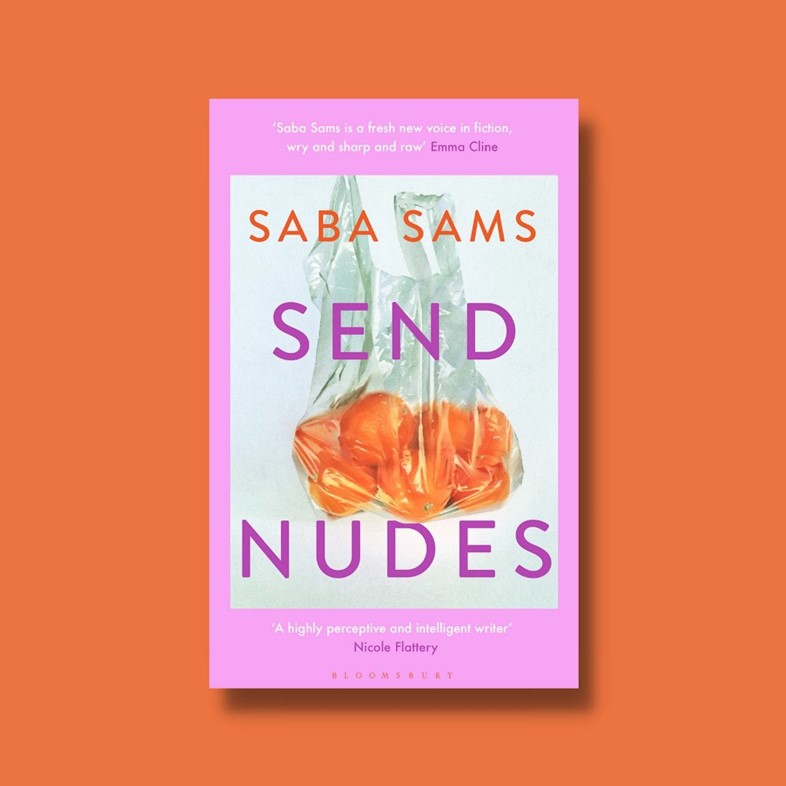
Send Nudes by Saba Sams (January 2022)
A visceral and compulsive writer, Saba Sams’ ten short stories slalom through the pulsing veins of romance, rejection, and resistance to a world that attempts to box in every young woman. Painfully familiar feelings are dredged up, but it’s so utterly compelling it can be consumed in one sitting. I have fallen in love with Sams’ feral women, found in club toilets, on beach towels, in ferocious friendships, navigating tense family dynamics and body politics.
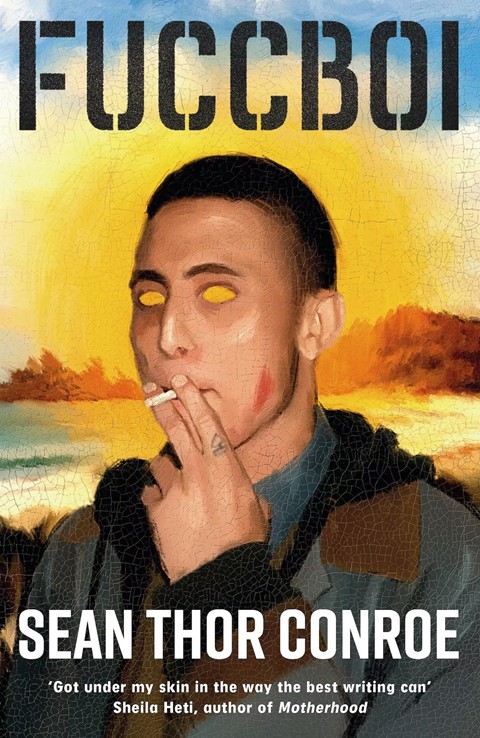
Fuccboi by Sean Thor Conroe (January 2022)
At the end of last year, Barry Pierce explored the lack of young male voices in fiction-writing and the galling monolithising of the male perspective for Dazed. Now, one particular polemic picks up what was once an Urban Dictionary jibe and now speaks to a modern male phenomenon – the ‘fuccboi’, of course – to rattle some cages.
Meet Sean Thor Conroe’s protagonist Sean – we’re in Philly, a year into Trump’s America with the Postmates delivery guy, SoundCloud rapper, would-be novelist, weed-tiller, and fuccboi. This is a tale of modern masculinity and attempting to live meaningfully in a world of political and self-inflicted social ruin. Conroe’s writing percolates with savage humour and wry observations on human complexity, with the influence of Sheila Heti, Sam Pink, and Karl Ove Knausgård shining through among the reams of slang – “Luh ya bb!!”. A protégé of the late Tyrant Books founder Giancarlo DiTrapano, Conroe works with a really rare audacity and slyness to ask – how much fuckery is too much fuckery?
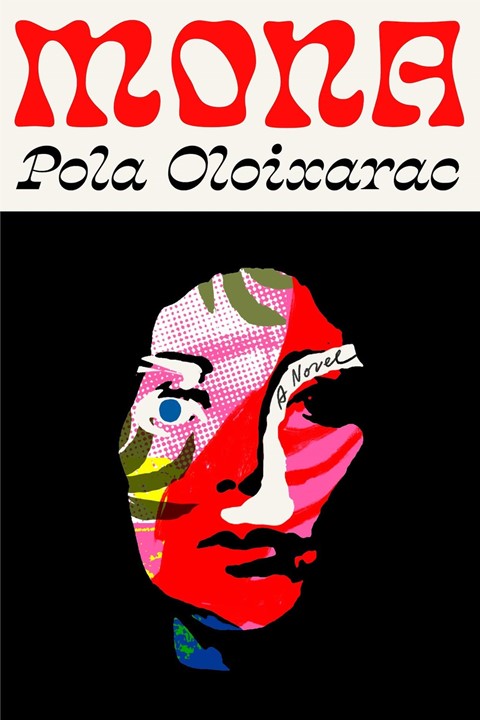
Mona by Pola Oloixarac, tr. Adam Morris (February 2022)
A glorious book cover! Mona is the anticipated third novel from the Argentine writer and journalist Pola Oloixarac. Our eponymous lead is a substance abusing, sardonic Peruvian writer, who leaves behind her drugs and doctoral life in California for a literature prize in remote Sweden, where she has some cringy encounters with more literary losers. The biting satire of publishing world dudes is delicious. It is a caustic takedown of a cultured elite Mona both resists and is fascinated by – and while she deals with her backstabbing and balshy male competitors, the novel descends into a restless unpacking of violence, envy and vanity, and hidden trauma.
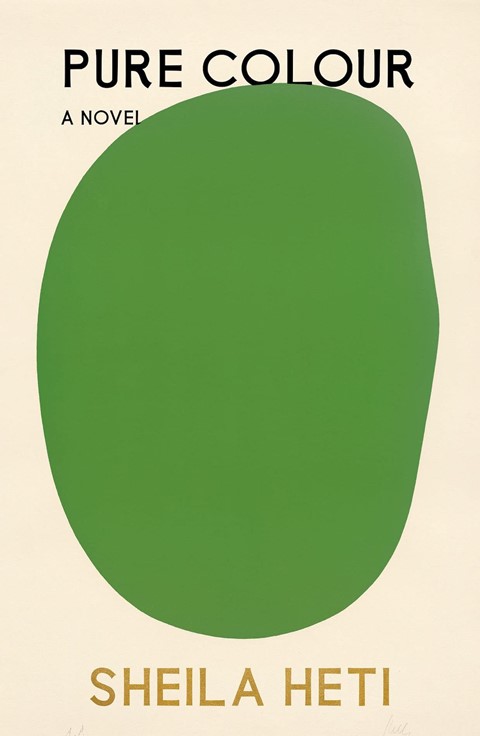
Pure Colour by Sheila Heti (February 2022)
Sheila Heti has the innate ability to capture feelings and thinkings that can seem so mercurial, and to provoke new avenues of thought on social codes, with challenge, care, and clarity – Motherhood (2018) and How Should A Person Be? (2010) are testament to that. Her writing is both a relief and an invigoration. 2022’s Pure Colour is galactical in its exploration of art, love, loss and time, and tremendously experimental and playful with form and philosophy. With an electrifying relationship between Mira and Annie playing out, the overarching conceit is that we are living through God’s first draft of the world – what would be revised, what would we keep?

Vagabonds! by Eloghosa Osunde (March 2022)
With a passionate vouching from Marlon James, Eloghosa Osunde’s gasp-inducing novel takes us to the Lagos streets with an ensemble of misfits and vagabonds, each with their own stories of queerness, personal demons, all-consuming love, and debauchery. Osunde captures the lives of outsiders with spirit and tenderness, blending soft-eyed realism with the wacky and fantastical – a fashion designer who gives birth to a grown woman, secret spiritual rituals gone awry, a politician who can resurrect the dead. Immerse yourself in Osunde’s kaleidoscopic world.
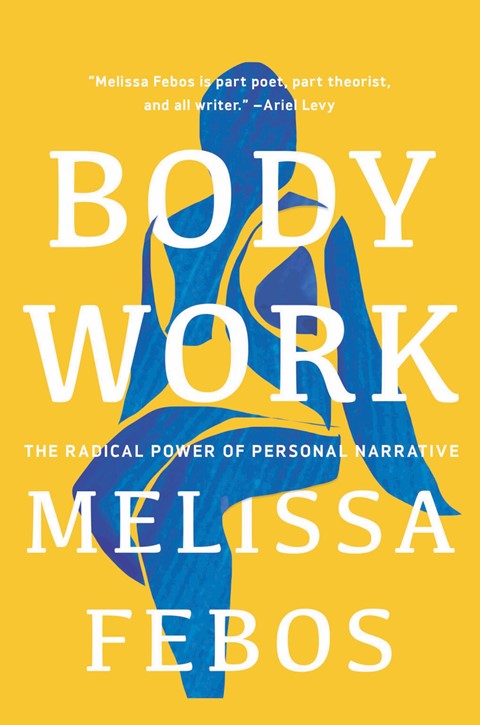
Body Work by Melissa Febos (March 2022)
A lot of women writing now came of age at the crossroads of Tumblr, XOJane, and ‘mine your life for money’ journalism assignments. Memoir is a tough form to navigate, parsing your own privacy, the power of divulgence, subjectivity, and just flat out laying yourself emotionally bare. In the contemporary space, we’ve waded through Caroline Calloway’s mammoth Instagram caption diaries (and yet to materialise memoir) and see Tumblr girl sensibilities and self-expression revitalised on TikTok. What form do we commit our traumas, desires, and thoughts to? Where, in this age, do these intimate stories belong? And to who?
Body Work is a deft mix of memoir and craft masterclass, weaving Melissa Febos’ personal experience of the form with reflections on the emotional, psychological, and physical work of writing so intimately about one’s own life. Febos’ past work – her stellar essay collection Girlhood and acclaimed memoir Whip Smart on life as a dominatrix, addiction, recovery, and academia – finds the throughlines for autonomy, identity, self-expression. She is daring (but not ‘brave’) and ever-elegant with her insights.
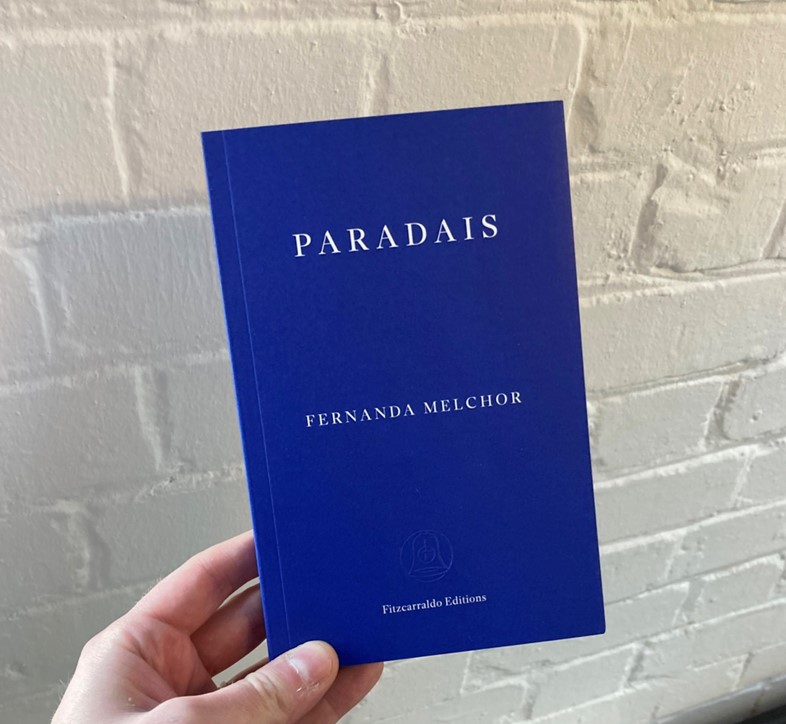
Paradais by Fernanda Melchor, tr. Sophie Hughes (March 2022)
Fernanda Melchor’s Hurricane Season was a highlight of last year’s releases – a flaming, weird novel, which picks up in a whirlwind of gossip in a Mexican village and plunges us into the murder of a witch who provided local sex workers with abortions. An arresting read, with potent spells and lyrical prose by way of translator Sophie Hughes. Paradais further cements Melchor as a propulsive voice – and Hughes on this translation also – from Latin America, telling the story of two misfit teenage boys in a luxury housing complex of opposite class status. With teen angst, arrogance, and feverish desires, they hatch a sinister scheme to pursue what they both want, to startling ends. Melchor builds on her chilling portrayal of Mexican society’s inequalities and violence, and humanity’s most messy, macabre enclaves.
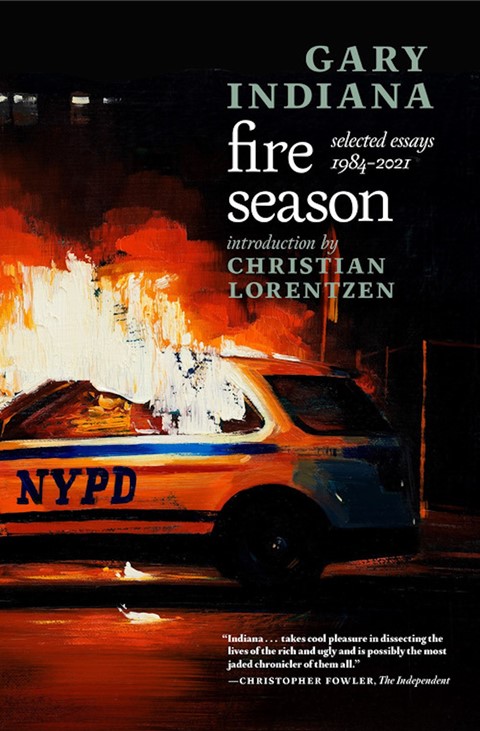
Fire Season by Gary Indiana (April 2022)
It’s pure pleasure to feel a writer’s own rapture as you read, the delightfully dishy spirit with their own parsing and prose – your lip can’t help curling into a conspiratorial smile. Gary Indiana is the most wicked chronicler of the modern psyche; an unsparing and sardonic, always nailing voice from high art to pop culture, Barbra Kruger’s art to EuroDisney. He mines mundanity to find human complexity and drills into the dark and dramatic to present reason. 35 years of the author, critic, and cultural icon’s essays are collected in Fire Season, from 1984 to the present day, with an introduction by Christian Lorentzen. One for the fanboys and newstarts alike.
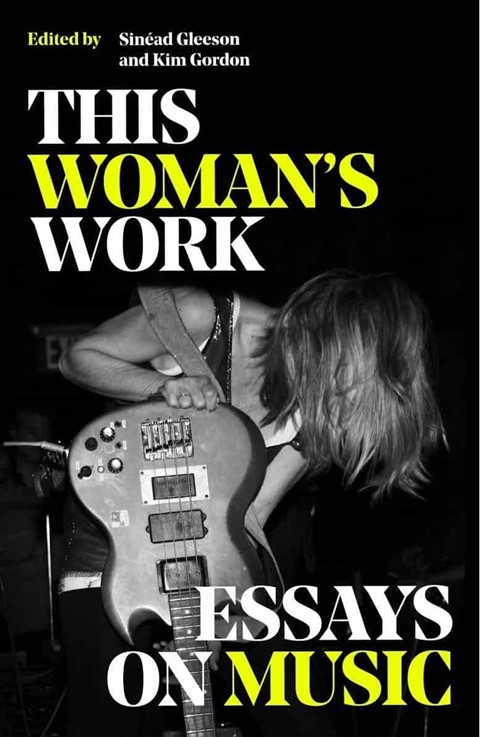
This Woman’s Work by Kim Gordon and Sinéad Gleeson (April 2022)
Women’s experience in and of music has generally sat outside of the male-dominated narrative, but This Woman’s Work, edited by Kim Gordon and Sinéad Gleeson, rips open the gilded canon doors to scream a rebel yell. It’s an impressive, at times acerbic and searing, other times joyful and celebratory, essay collection. The no-wave musician and icon Gordon and Constellations author Gleeson have curated a dazzling array of voices on women who pioneered and politicised across a spectrum of music history, from Anne Enright on Laurie Anderson(!) to essays by Maggie Nelson, Juliana Huxtable, Ottessa Moshfegh. Leave what you know at the dive bar door, and meet you front left.
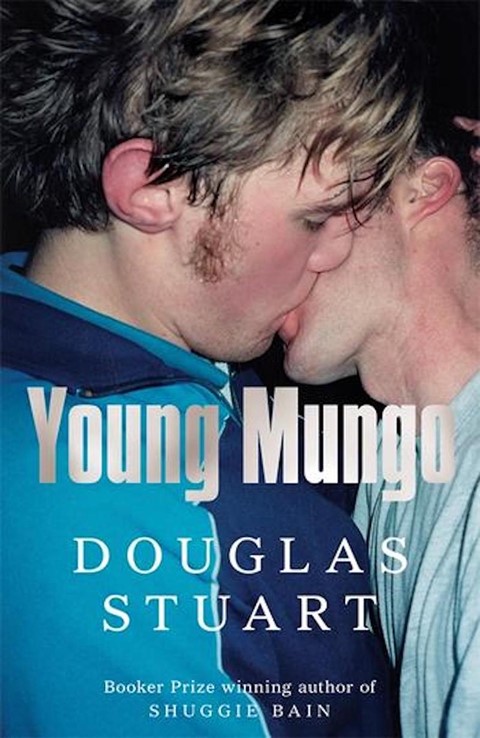
Young Mungo by Douglas Stuart (April 2022)
Douglas Stuart mesmerises me with his sense of place and how open-hearted and generous his writing is, the care and nuance he gives down and outs in dire situations. It’s what made his first novel, the Booker Prize-winning Shuggie Bain, so striking. Well, make way for more ugly crying. Young Mungo situates us in the housing estates of Glasgow with young and forbidden lovers from different tribes, the Protestant Mungo and Catholic James. As much as a story of pyretic young love constricted by community lines, it’s also about class, identity, and the constraints of masculinity.
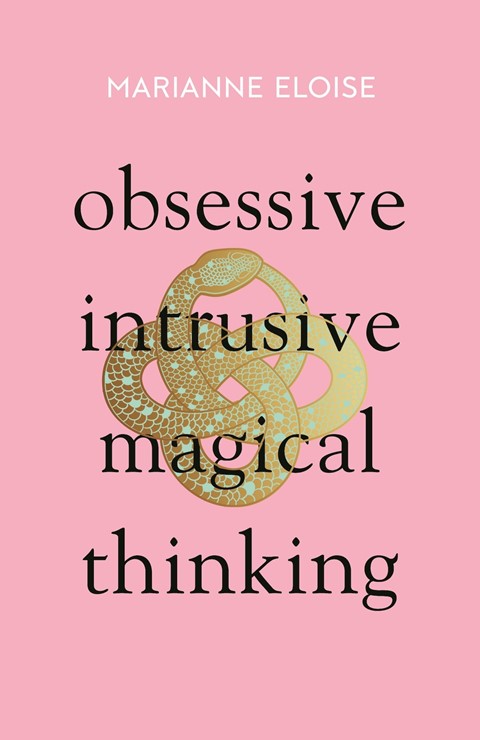
Obsessive, Intrusive, Magical Thinking by Marianne Eloise (April 2022)
Dialogue around neurodiversity has expanded effervescently – more young women, for example, are finally getting diagnosed as autistic having been sidelined by the medical world and its preconceptions of a supposed autism archetype. But it’s also a knotted, multi-layered conversation with peaks and troughs – Has your TikTok tried to diagnose you as ADD yet? Do people around you still use ‘I’m so OCD about that’ with flippancy? More than ever, we need writers with clear-eyed perspectives and nuance.
Eloise is a writer and journalist who writes with refreshing clarity on her experiences as an autistic woman with obsessive compulsive disorder. Obsessive, Intrusive, Magical Thinking explores obsession, disorder, and neurodiversity with raw honesty, warm humour, and beautifully lyrical prose. She takes us through a life lived obsessively in all its highs and lows, from Los Angeles to Disney, her dog and fixations on death. Open-hearted and sparkling, she writes: “I always felt like a raw nerve, but then, I thought that everyone did”.
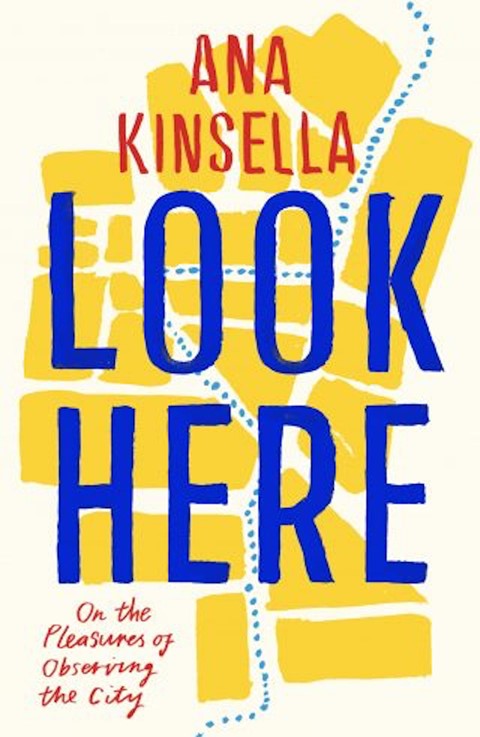
Look Here: On the Pleasures of Observing the City by Ana Kinsella (May 2022)
Former AnOthermag.com columnist Ana Kinsella builds on the back of the literary flaneur with her joyful journey through city life, a celebration of London and any city you hold dear. Look Here takes true delight in everyday occurrences and glimpses of a city’s ever-evolving identity, to chart ideas of anonymity and self, community, freedom and access. Kinsella’s keen eye and lovely light touch implores us to slow down and find beauty in our surroundings, to linger on the sunburnt shoulders of a friend in a Zone 1 park, or hum to the thrum of a Saturday evening’s night bus.
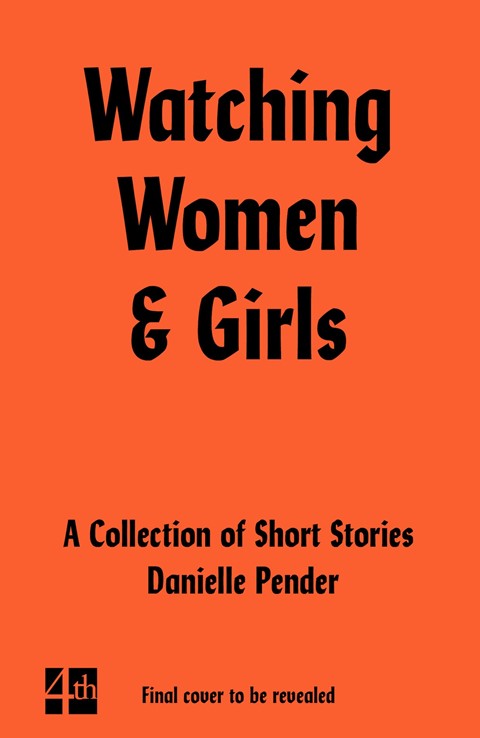
Watching Women and Girls by Danielle Pender (May 2022)
Women are familiar with the bone-boring glare of a lairy cat-caller. We watch our mothers get ready at their vanity, surrounded by little pots and sprays. We study our selfies. Gazed upon as individuals and in wider culture and society, we perform, internalise, and project. “Every aspect of her body or personality was up for inspection: too big, too small, too available, too hidden, too much, not enough,” writes Danielle Pender. In a moving story collection and debut by the editor of the endlessly chic and shrewd Riposte magazine, Pender explores the impact of the gaze – both male and female – on women’s exterior and interior lives. The stories are imbued with dark humour and graceful commentary on the different lenses of perception on women and girls, from mother/daughter relationships to a dominatrix and her client, while Pender traverses patriarchy, class, race, and selfhood. With this book, a reader can stare defiantly back.
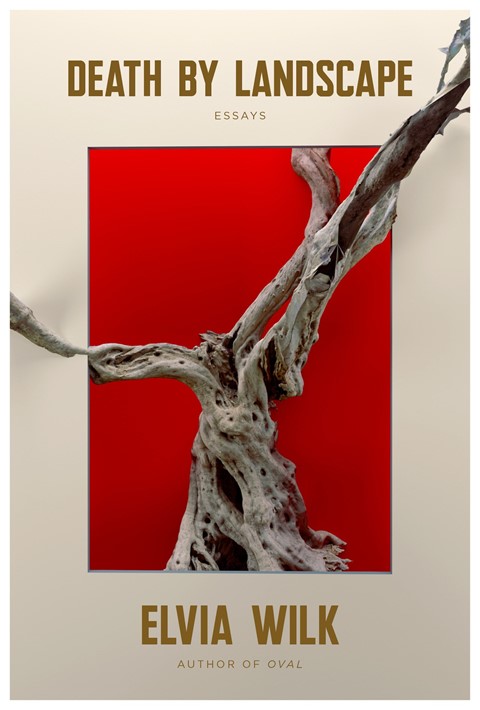
Death by Landscape by Elvia Wilk (July 2022)
Elvia Wilk boldly explores creative works and writing across time and genre, finding connections from Mark Fisher to Michelle Tea, Hildegard von Bingen and Octavia Butler, as a means to discover a new language and syllabus in the age of the anthropocene. She obliterates the boundaries between dystopia and utopia, self and state, literature and legion with a collection of ‘fan non-fiction’. With fandom and obsession as a foundation, Wilk asks how these literary titans’ world-building stories could help us imagine a new world that shirks the human-centric and celebrates nature. Note: the wonderful Peninsula Press is republishing Wilk’s excellent debut Oval – a must-read, pitch-black portrait of the future – in 2022 too!
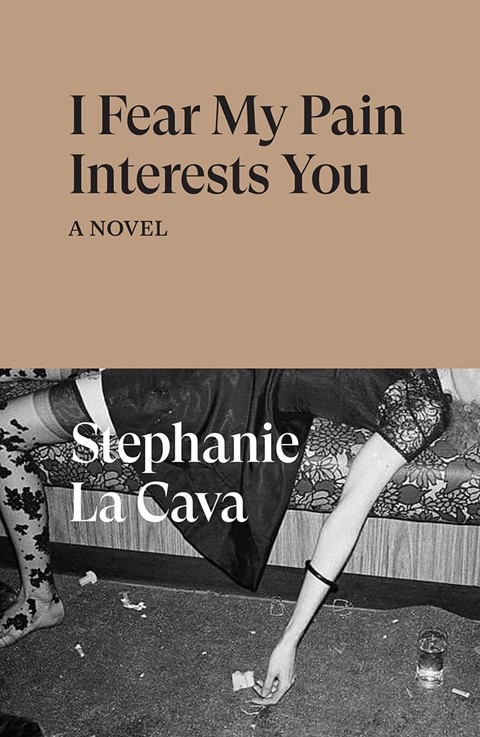
I Fear My Pain Interests You by Stephanie LaCava (October 2022)
Stephanie LaCava’s The Superrationals was a stylish and jarring read in all the best ways. With a compelling female friendship at its heart and spread from Munich to New York and London, the ‘meta-novel’ challenges ideas of world-building, the preconceived motives we impose on characters, the airs and graces of an art world worn at the seams.
So I’m incredibly excited for I Fear My Pain Interests You, billed as a literary take on cinema du corps that unpacks culture, connections, bodies, and breakdowns with La Cava’s slippery style. It centres on Margot, the child of famous musicians brought up in a punk setting, who absconds from New York, burnt-out and post-break-up, for the Pacific Northwest. There, she meets a doctor in a graveyard – vibes? Not great – and with the discovery of some peculiar old film reels, unfurls an intoxicating story of family and the body.
